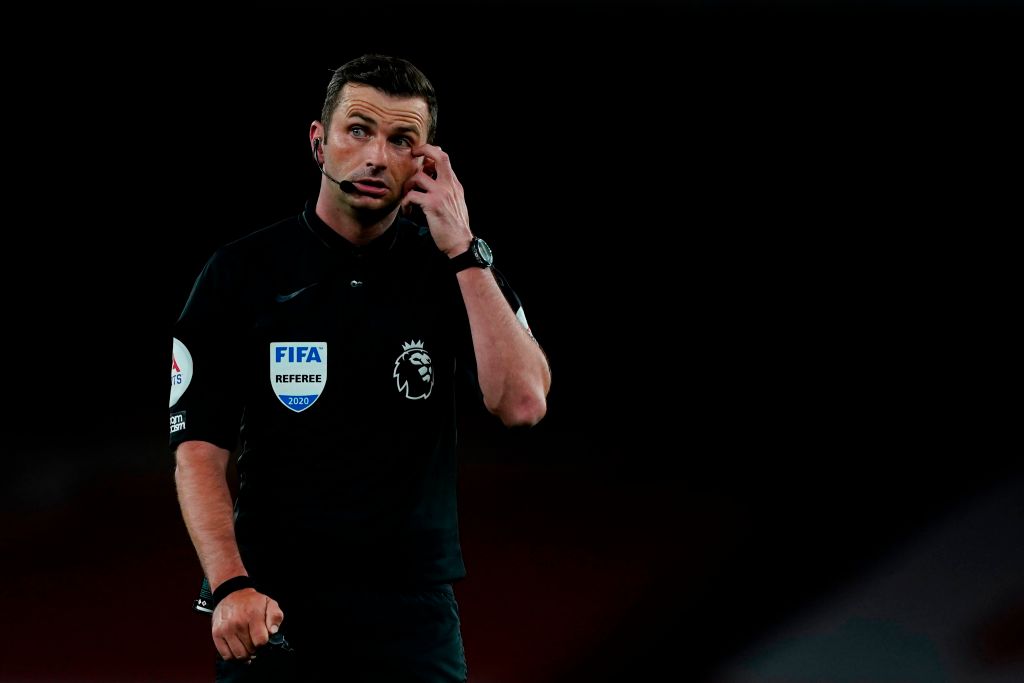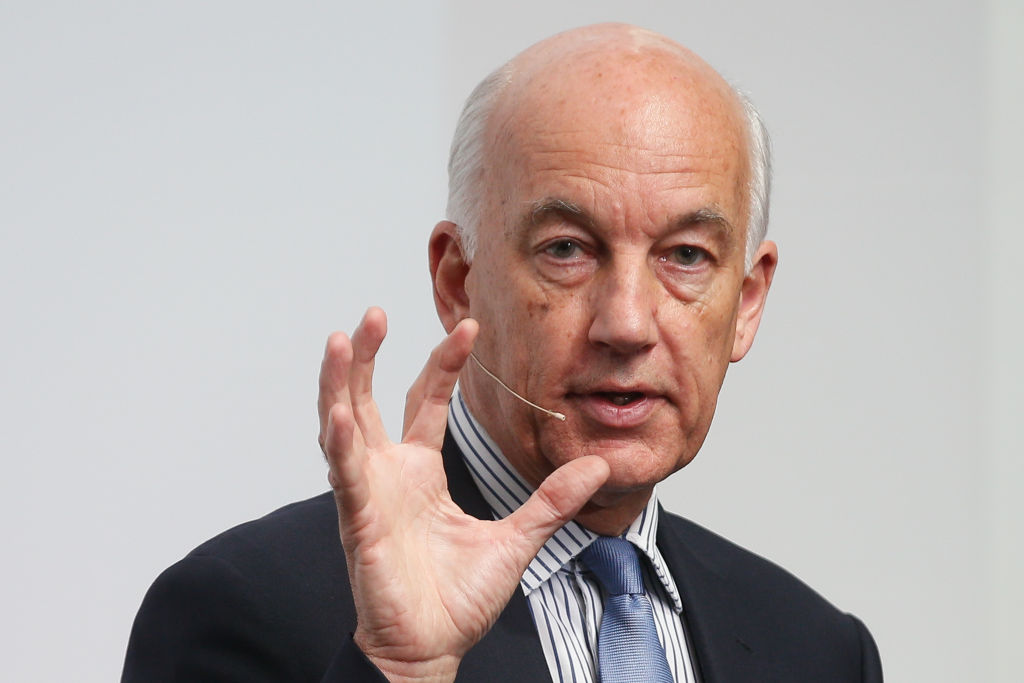Cast adrift on a sea of hubris, refereeing has lost sight of the spirit of football

Only three possible explanations exist for both referee Michael Oliver and video assistant referee David Coote failing to designate Jordan Pickford’s crumpling of Virgil van Dijk a red card offence.
One: neither thought it worth addressing. Two: neither felt it was in their power to act since Van Dijk had been guilty of the most marginal of offsides just beforehand. Or three: both officials are blind.
The first scenario is deeply troubling, since it would suggest neither Oliver nor Coote deem protecting the players to be among their most fundamental responsibilities.
The second scenario, however, is even more disconcerting. It would imply that football’s rules are now so skewed that ensuring the game is safe is no longer as important as applying the letter of the law.
If anything, the third scenario would be most comforting, offering some logical explanation for the farce that unfolded during Saturday’s 2-2 draw between Pickford’s Everton and Van Dijk’s Liverpool.
Because this was just the latest incident to indicate that refereeing has lost sight of the spirit of the game. Officials – and, more accurately, those who dish out their instructions – are tying themselves in knots with decisions on offsides and handballs, slavishly pursuing what they believe the laws state is the correct decision at the expense of what is morally right.
Sanctity of officialdom
As everyone can see by now, VAR has only worsened this situation.
Referees’ chiefs like to point out that the percentage of correct decisions has increased under VAR. It follows, then, that the game should feel fairer. Does it?
Somebody ask Virgil van Dijk. Or Tottenham’s Eric Dier, victim of an absurdly counter-intuitive handball decision earlier this season. Or Jordan Henderson, whose late strike for Liverpool in the Merseyside derby was ruled out because a part of Sadio Mane’s body that he cannot use to touch the ball was deemed offside.

Too often VARs appear unwilling to undermine their on-field colleagues by correcting mistakes or even suggesting they watch a replay.
Like the former refs wheeled out by broadcasters who, seemingly bound by a lifelong omerta, scarcely ever disagree with the original call, VARs seem primarily concerned with preserving the sanctity of officialdom.
Incessant tinkering
This skewing of priorities has consequences. Van Dijk faces at least six months out, possibly the full season. And while a red card for Pickford would not have prevented that, it would have compensated Liverpool for the injustice of losing their captain – and deter other players from committing similarly rash challenges.

Penalties, meanwhile, continue to be awarded for handballs that are in no way deliberate or even reckless.
And at the same time the rules now allow so many different interpretations of offside – and VAR, so many opportunities to spot one – that the rule is no longer simply the outlawing of goalhanging it was intended to be.
Former referee and Harrow schoolmaster David Elleray has presided over 178 rule changes since being made high priest of football’s laws four years ago.
Yes, 178. Perhaps that is why the rules have never seemed more perplexing.
Incessant tinkering and the dysfunctionality of VAR has cast refereeing adrift on a sea of hubris. Still, at least the percentages are up.
